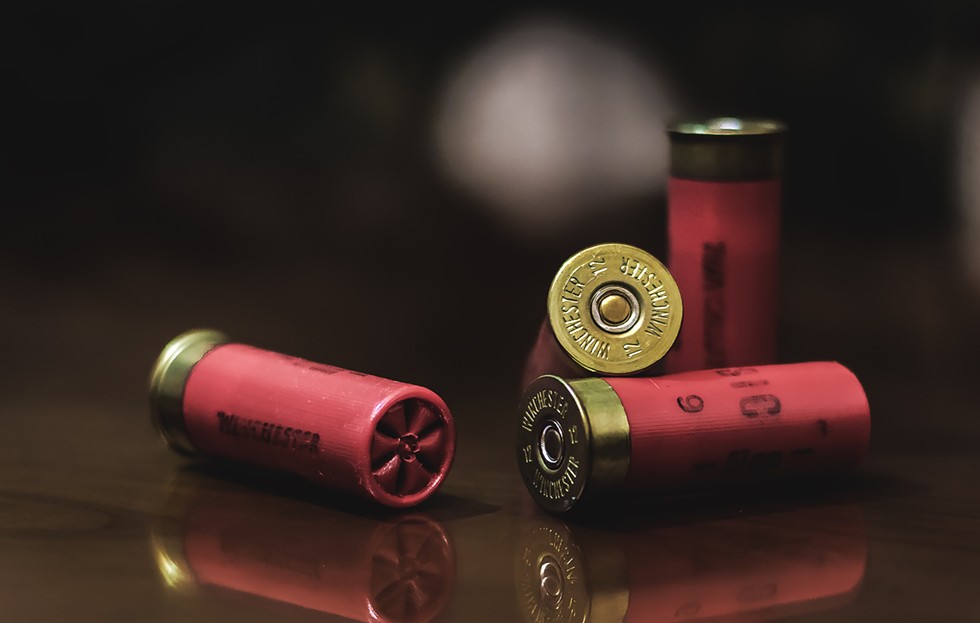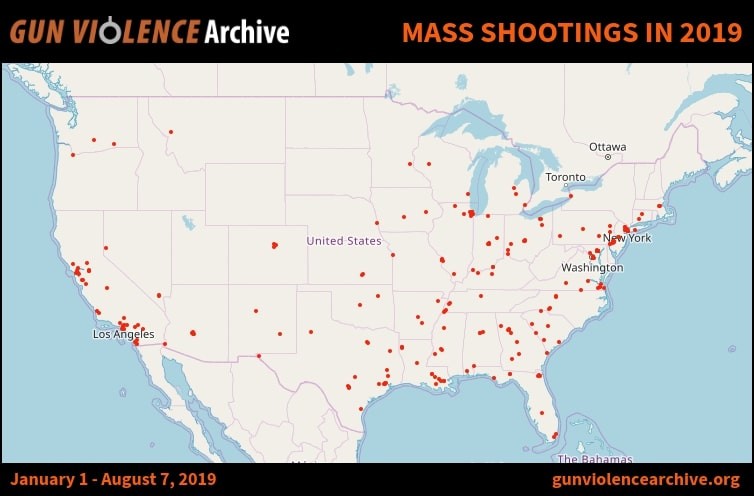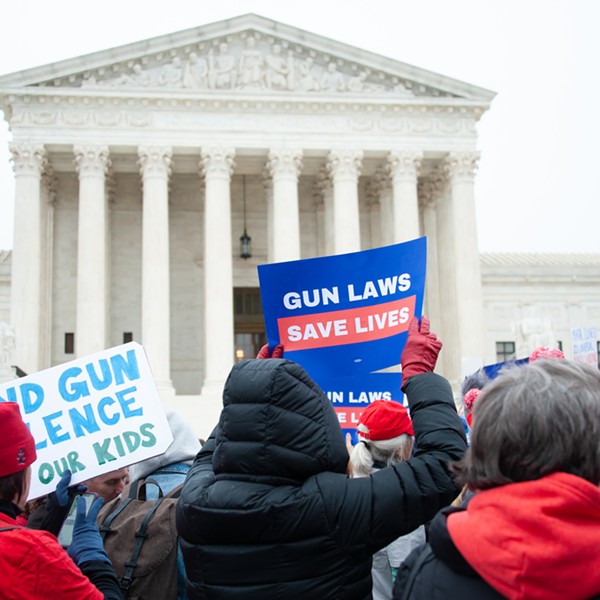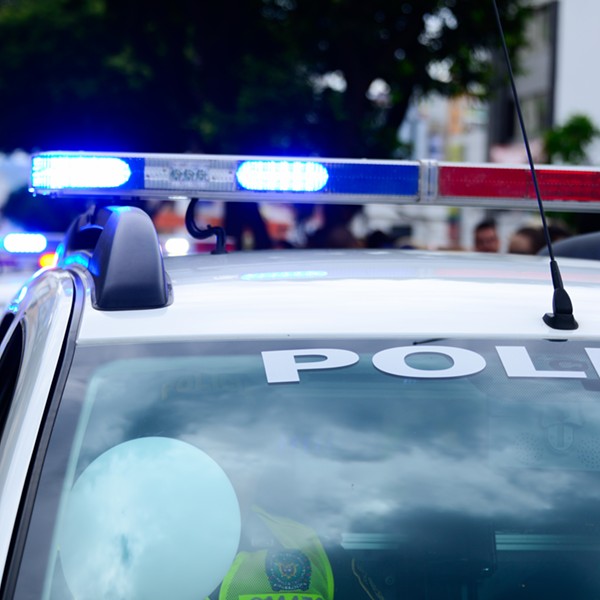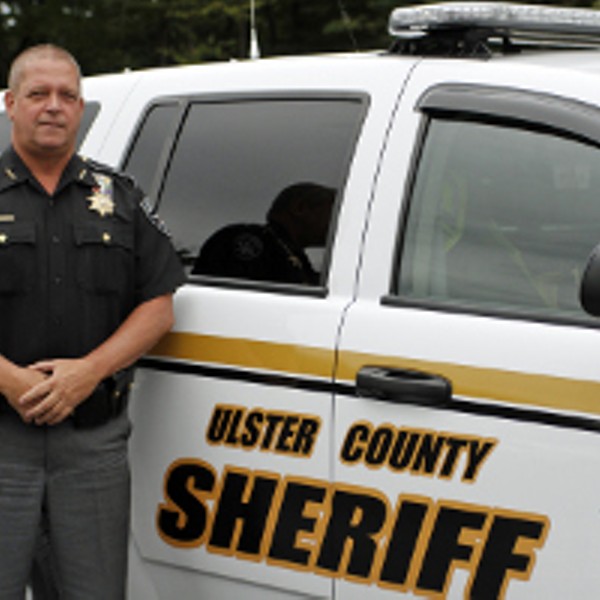This past weekend was horrific, even by recent American standards. On Saturday in Texas, a gunman drove 10 hours to murder 22 people at an El Paso Walmart in a racist act of domestic terrorism. About 13 hours later, another young, white, disaffected male shot and killed nine people at a busy nightlife district in Dayton, Ohio. Shortly before opening fire, the El Paso shooter reportedly posted a manifesto on the extremist message board 8chan, railing against a “Hispanic invasion,” while the motive in the Dayton shooting remains unclear at this time.
A New York Times headline stated that the back-to-back massacres stunned the country, but while these shootings are appalling, they should not be surprising by now. According to the nonprofit Gun Violence Archive, there were 253 shootings this year (through August 6) in the US in which at least four people were injured. Fifty-five people were also shot this past weekend in various incidents in Chicago, seven of them fatally. The weekend before that, 12 people were shot at a festival in Brownsville, Brooklyn, an incident that received scant news coverage because it was overshadowed 17 hours later by the mass shooting at a garlic festival in Gilroy, California.
In the aftermath, the discourse was depressingly rote as well. As Margaret Sullivan wrote in The Washington Post:
When a mass shooting happens, even when it happens twice in a 24-hour period—even when the death toll soars into the dozens—we reflexively spring into action. We describe the horror of what happened, we profile the shooter, we tell about the victims’ lives, we get reaction from public officials. … And then there’s the next one. And the next one.
What’s needed are policy fixes, but ineffectual “thoughts and prayers” have become just as predictable as the shootings themselves. As ABC News notes, gun laws in Texas and Ohio are “relatively lax, with both states allowing concealed carry, among other less restrictive laws.” In a small sign of hope, on Tuesday Ohio Governor Mike DeWine proposed adopting a version of a “red flag" law, which allows authorities to take firearms from a person deemed by a court to be dangerous.
New York’s Gun Laws
Earlier this year, New York passed its own “red flag” gun control law, which will go into effect later this month. According to The Journal News, here’s what the law does:
- Police, district attorneys, family or household members, or school administrators or their designees can file a petition with the state Supreme Court if they have reason to believe a gun owner is a threat to themselves or others.
- If the judge finds the gun owner is "likely to engage in conduct that would result in serious harm to himself, herself, or others," the judge can issue a temporary "extreme risk protection order" that prevents the person from possessing or purchasing firearms.
- Within three to six days, the gun owner would get a hearing on a final order. If the judge issues a final order, it would be in effect for up to one year.
The law makes New York the first state in the US to give teachers and school administrators the option of preventing a school shooting with court action.
Governor Cuomo has been a vocal proponent of gun control, and his efforts in recent years, along with former New York City Mayor Mike Bloomberg, have helped make New York one of the more progressive states when it comes to gun control legislation. The rate of gun-related deaths in New York is among the lowest in the country. With the passage of the NY SAFE (Secure Ammunition and Firearms Enforcement) Act of 2013, New York became one of only seven states, plus Washington, DC, to ban assault weapons. Support for that bill was split along the upstate/downstate divide, with one poll showing that only 45 percent of upstate voters supported the NY SAFE Act, compared to 63 percent statewide. Six years later, that culture clash remains, and the impact of the SAFE Act has been hard to quantify.
The state has been aggressive in its gun control efforts on other fronts, as well. In 2017, the Department of Financial Services opened a probe into the National Rifle Association’s branded self-defense insurance program, Carry Guard, which conflicts with a state law that permits only licensed insurance agents and brokers to solicit business in the state. The NRA does not have a license to sell or distribute insurance in New York.
In general, the gun laws in New York are complex, reflecting cultural divides between New York City and the state’s rural regions. Assault rifles are banned; essentially, one can only buy handguns, shotguns, and rifles in New York.
The handgun regulations are the strictest in the nation: one has to apply for a license to possess a firearm, which includes an FBI background check and personal references. The process takes about six months to complete. If approved, buyers must also register the handgun into a statewide database, a procedure which varies by jurisdiction. But for rifles and shotguns, a license and registration is only required in NYC, not the rest of the state.
Last year, Hudson Valley magazine looked at how handgun requirements vary by county in the Hudson Valley. The only point on which there’s much variance? Whether a safety course is required before a purchase is approved. Columbia, Greene, Orange, Rockland, Ulster, and Westchester counties all require successful completion of county-approved basic gun safety courses, while Putnam County specifically requires the NRA Basics course. Dutchess County does not require a safety course, but that doesn’t mean it’s easier to obtain a permit there. That’s because Dutchess County issues “full carry” licenses, rather than “restricted” licenses. As Dutchess County detective Frank Letizia explained to Hudson Valley:
This actually leaves less room for consideration, as a potential impediment to any one reason for gun ownership would immediately disqualify an applicant entirely.
“All the facts that we collect on a person go to the county judge, who is the actual licensing officer,” Detective Letizia says. “They have say over whether or not somebody’s going to get a license, based on our investigation.”
We want to hear your thoughts about New York’s efforts to control guns in the state. What are the rules like in your area? Let us know at [email protected] or in the comments below.







